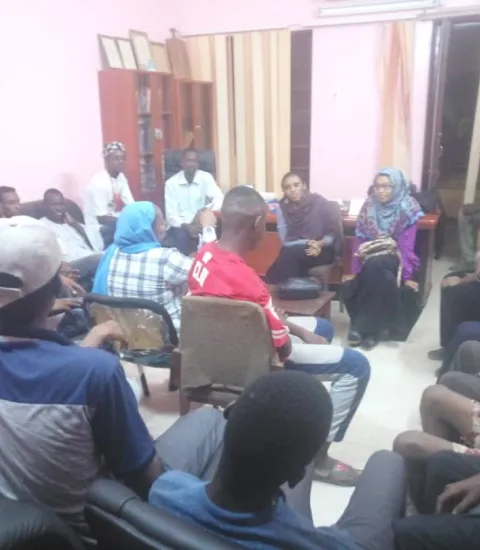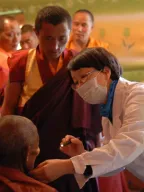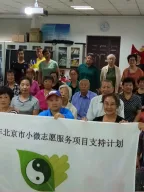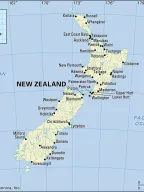
Ahfad Trauma Centre volunteers
Mental health problems constitute an enormous burden to individuals and societies, both in terms of health, wellbeing and economic participation. Although specific reference is made to mental health under SDG 3, it is often overlooked in crises and conflicts, and in fragile or developing contexts. The volunteer initiative implemented by the Ahfad Trauma Centre helped to extend mental health support to victims of torture, violence and sexual assault during periods of crisis in 2018 and 2019. Given their socio-economic situation, many of the beneficiaries would have been unlikely to receive support had it not been for the volunteers, leading potentially to lifelong issues. Eighty percent of the volunteers were female psychologists, which was made possible because the Ahfad Trauma Centre has invested since 2012 in training female psychologists and mental health workers. Having female volunteers proved to be very effective in accessing, assessing and treating victims.
- A needs analysis was conducted by the Ahfad Trauma Centre to identify types of people who were most likely to be affected by violence but least likely to receive support. As a result, tea and street-food sellers were identified as particularly vulnerable groups, as their lives and livelihoods are spent on the streets, often existing in extreme poverty beyond state support. The volunteers then mobilised to support the group through conducting group psychosocial support sessions.
- Diaspora volunteers were involved in the initiative, including Sudanese mental health workers psychiatrists and psychologists working in Europe, North America and the Arab States regions. These volunteers helped to back-stop the on-the-ground volunteers through peer-to-peer consultation, case consultation, fund raising and materials preparation.
- Website
- Health and volunteering
- Research and data (forthcoming)
- Blog post








